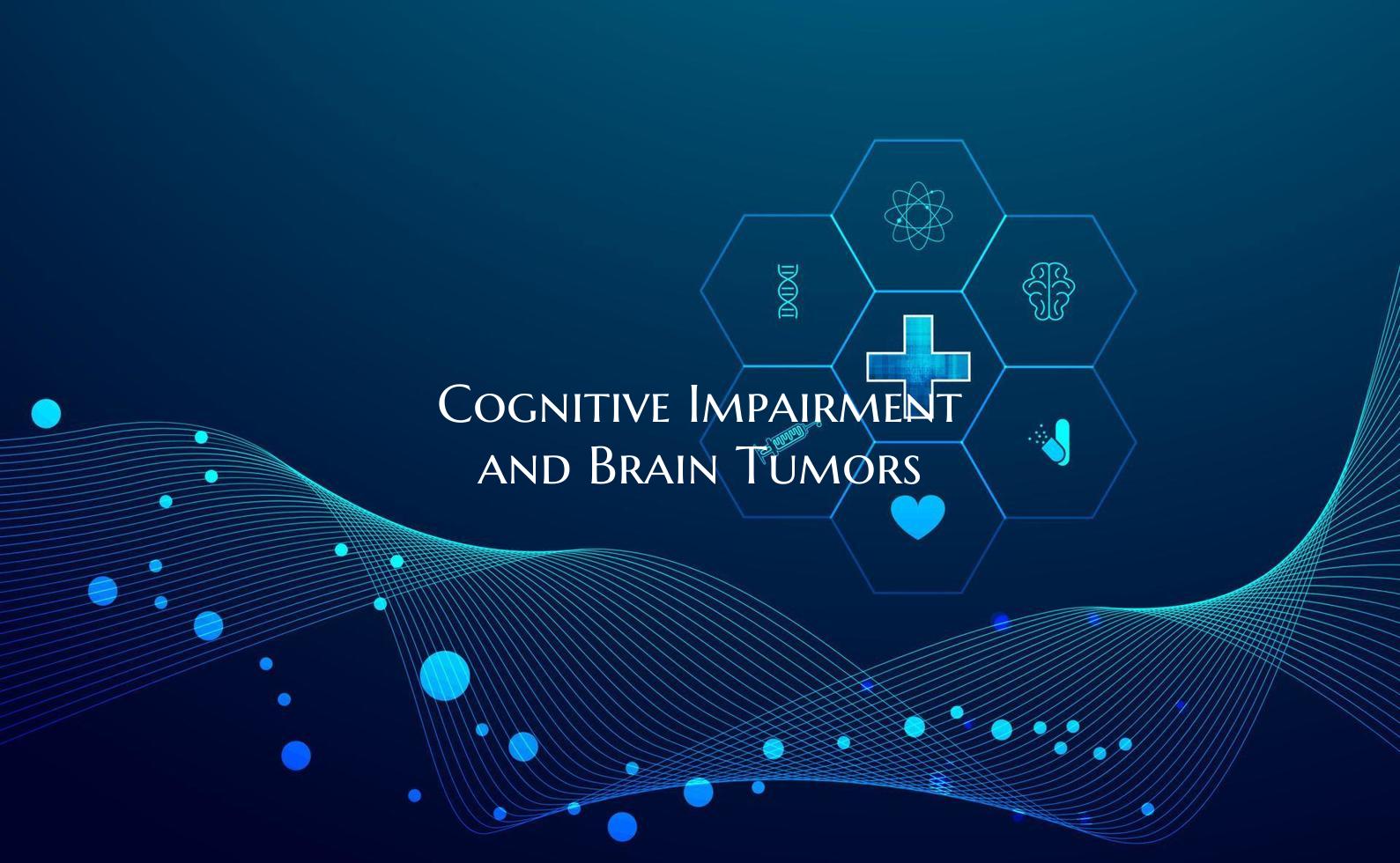
Cognitive Impairment and Brain Tumors
Introduction: Cognitive impairment refers to difficulties with thinking, memory, and learning. When it comes to brain tumors, the impact on cognitive function can be significant. Brain tumors can directly affect cognitive abilities due to their location in the brain and the pressure they exert on surrounding brain tissue. In this article, we will explore the relationship between cognitive impairment and brain tumors, including how brain tumors can result in cognitive deficits and strategies for managing these challenges.
Impact of Brain Tumors on Cognitive Function: Brain tumors can disrupt cognitive function in various ways. The location of the tumor within the brain plays a crucial role in determining the specific cognitive deficits a person may experience. Tumors in areas responsible for memory, language, attention, and executive functioning can lead to corresponding cognitive impairments.
Common cognitive deficits associated with brain tumors include:
1. Memory loss: Tumors in the hippocampus or other regions involved in memory formation can result in difficulties with short-term and long-term memory.
2. Language difficulties: Tumors located in areas responsible for language processing can lead to problems with speech production, comprehension, and word finding.
3. Executive function deficits: Tumors that affect the frontal lobes can impact executive functions such as planning, decision-making, and impulse control.
4. Attention and concentration issues: Brain tumors can disrupt the brain's ability to focus and sustain attention, leading to difficulties with concentration.
Managing Cognitive Impairment in Brain Tumor Patients: Managing cognitive impairment in patients with brain tumors requires a multidisciplinary approach involving neuro-oncologists, neurosurgeons, neuropsychologists, and other healthcare professionals. Some strategies that may help manage cognitive deficits in brain tumor patients include:
1. Cognitive rehabilitation: This type of therapy focuses on improving cognitive processes through various exercises and techniques tailored to the individual's specific deficits.
2. Medication: In some cases, medications can help manage cognitive symptoms such as memory loss and attention problems.
3. Behavioral interventions: Strategies such as establishing routines, reducing distractions, and using memory aids can help individuals with brain tumors cope with cognitive challenges.
4. Emotional support: Coping with cognitive impairment can be emotionally taxing. Providing emotional support and counseling to brain tumor patients can help them navigate the cognitive changes they experience.
Conclusion: Cognitive impairment is a common challenge faced by individuals with brain tumors due to the impact of the tumor on brain function. Understanding the relationship between cognitive function and brain tumors is crucial for developing effective management strategies to help patients maintain quality of life and cognitive function throughout their treatment journey. By utilizing a combination of medical interventions, cognitive therapies, and emotional support, individuals with brain tumors can better cope with cognitive deficits and enhance their overall well-being.